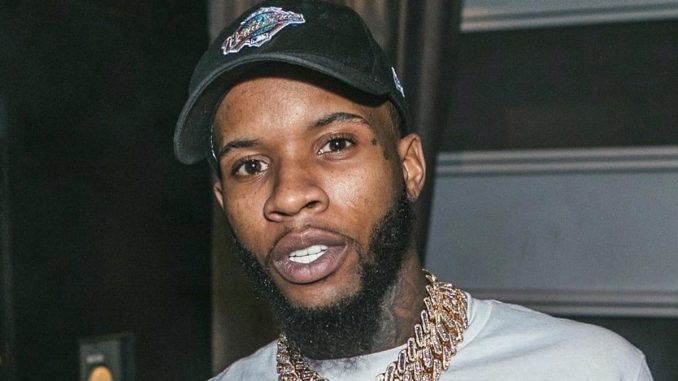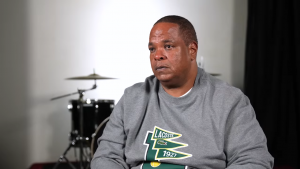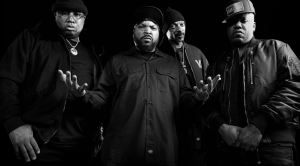While inclusivity has garnered much needed societal traction in the last decade, the topic still flies wildly under the radar at times—often remaining undetected in many sects of the music industry. “Reshape Music,” a recent study conducted by Youth Music and Take it Away Consortium, has shone a spotlight on the many limitations musicians with disabilities face.
Its no secret that breaking into the music industry is not an easy-go for anyone, whether it be finding mentors or an assisting team, or promoting one’s music to a larger demographic, this study finds that there are a plethora of other discouraging factors at play for disabled creators. The official “Reshape Music” report states these obstacles include, “being viewed as the ‘naughty autistic person’ at school, low expectations and misunderstanding from teachers, performance venues and stages which are literally inaccessible, nervousness from music shop assistants when they see a white cane, and prohibitive costs for adapted equipment.” The report states,
“Being Disabled hasn’t caused most of these issues: instead, it’s the way society is set up, and the ways people respond to us which creates barriers. But there are days when being Disabled means we simply can’t do what we want to do, and we need others to understand this.”
The study finds that 57 percent of survey responders disclosed that their choice of instrument was dictated by their disability. A mere 25 percent of disabled musicians and guardians knew where to source adapted instruments. 28 percent of educators and 63 percent of retailers were unaware of specialty products for accessibility, and only 38 percent of retailers knew where and how to source such products if a customer were in need.
This leaves an inordinately large gap between disabled persons who need adapted instruments, and the people whose job it is to source it to them. Thankfully, the research team with “Reshape Music” has come up with a variety of suggestions that music education and industry organizations can utilize. The overarching goal is for these organizations and spaces to continually ask and work closely with their disabled clients to get a formulated idea of what their needs are, and respond accordingly.
To learn more about this groundbreaking study and steps that must be taken in order to see lasting change, check out Youth Music’s website where you can read the full study as well as find other essential resources.
View this post on InstagramOur new #ReshapeMusic report sets out the significant barriers faced by #DisabledMusicians to access music education and music-making, and the urgent need for greater inclusivity across the industry. . 80% of Disabled people surveyed find music-making a positive experience, yet the majority (52%) have not been able to find a teacher who meets their learning needs and understands what additional support they require. . Here are some stats from the report and thoughts from our co-researchers Jess, Charlotte, Hunter, Oliver and Leo. . Read the report. Join the conversation. #ReshapeMusic. . Download the report now via the link in bio. . . #accessible #accessibility #adaptivemusic #adaptedinstruments #disabledmusician
Featured image: Reshape Music co-researcher Jess fisher







